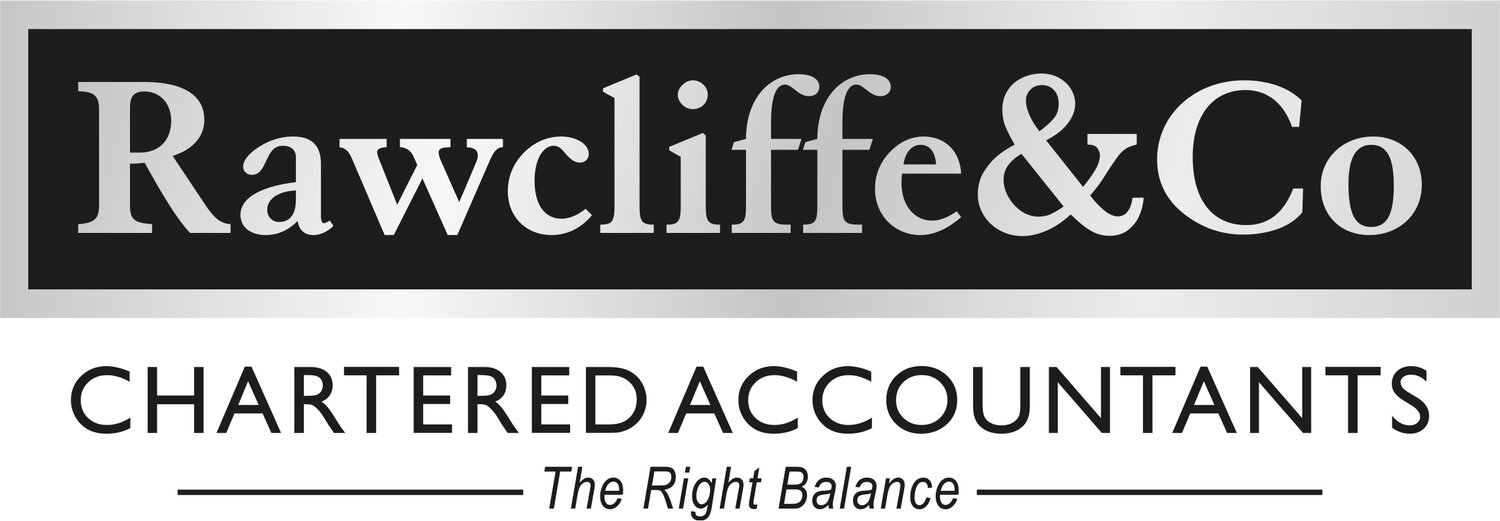Pilot Scheme to Look at Potential Fraudulent Bounce Back Loan Scheme Applications
The Department for Business (DBT), the Cabinet Office, and HM Revenue & Customs (HMRC) have initiated a pilot program to detect potential fraud committed by sole traders under the Bounce Back Loan Scheme. The objective is to identify those who either applied for a loan when inactive during the eligibility period, or who misrepresented their turnover.
In the first phase, the Cabinet Office and DBT will share sole trader borrowing data with HMRC. HMRC will then cross-reference it with its records. Identified high-risk cases will be flagged for investigation by DBT. In the second phase, the identified risk cases will be shared with accredited BBLS lenders to aid investigations. Lenders who suspect fraud themselves can share this information with DBT.
The government has previously run a similar pilot targeting limited companies that borrowed money on the Loan Scheme. They feel that there is similar potential for fraudulent applications by sole traders and so have made them the target of this latest pilot.
Before the Bounce Back Loan Scheme was closed in March 2021, a total of £9.6bn had been lent to sole traders. Individual loan amounts were between £2,000 and £50,000 with the government serving as guarantor. A requirement of the loan being granted was that it be used to benefit the business and not be used personally.
A Public Accounts Committee report has previously criticized DBT for not doing enough to prevent fraud in COVID-19 support schemes. A more recent 2023 report by the same Committee has been no less condemning of the slow progress that DBT has made in its Loan Scheme counter-fraud activities. DBT have themselves accepted that grant payments made to businesses through local councils as part of their COVID-19 support schemes were not used as intended by the scheme.
HMRC has estimated that the total amount of error and fraud across all COVID-19 support schemes is £5bn.

